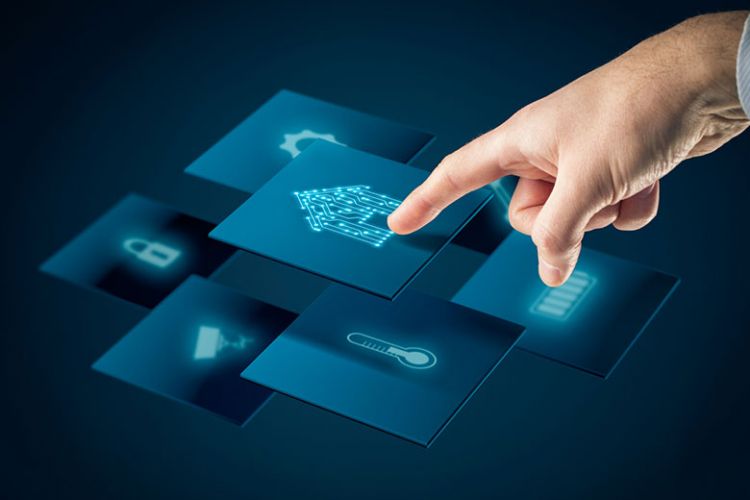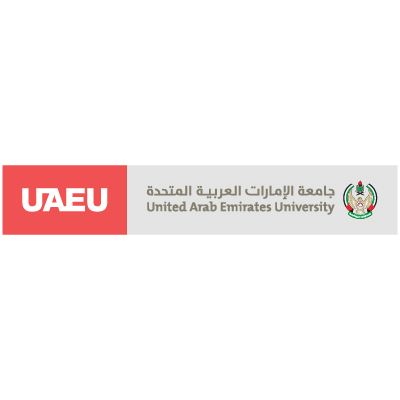Building smart homes for sustainable futures

Sponsored by

Sponsored by

UAEU’s department of electrical engineering is creating state-of-the-art energy management systems for everyday use
Smart systems and the Internet of Things have heralded new opportunities to remotely control such variables as heat, light and ventilation. Hussain Shareef, associate professor in the department of electrical engineering at United Arab Emirates University (UAEU), is at the forefront of refining this ability to the benefit of the consumer and the planet.
Professor Shareef’s home energy management system project started in 2015 using a ZigBee protocol “intranet” whereby various home devices in an existing building were connected and then communicated, over a short distance, with a central control. In 2016, one of Professor Shareef’s master’s students picked up the project and started to add devices and sensors so that lights could be dimmed and room temperature raised or lowered.
“By the beginning of 2018, we started to ask if we could take the project a little bit further,” he says. “We connected it to a web-based cloud system to store information on voltage, current, power consumption, occupancy and time of day, and made more improvements.”
The team, working under the auspices of the department’s “Power and Control” research group, subsequently developed a mobile app to manage the devices with the new data so that temperature and light levels were more effectively monitored. With this development, they began to differentiate their system from existing home device apps.
Anticipating the adoption of “time of use tariffs” by the UAE, the home management system is now being optimised via an artificial intelligence algorithm to consider electricity cost. “Is it good to delay, for example, laundry by an hour when the price of electricity is lower?” asks Shareef. The intelligent algorithm makes that assessment for the user “without stopping the machine in the middle of a cycle”.
Another facet of the project has been inspired by UAEU’s own campus. The electric golf carts used by the university staff and students to get around are powered by electricity from PV (photovoltaic) panels – solar power cells fitted on the roof of the campus car park. The impact that BIPV (building-integrated photovoltaics) can make on both sustainability and consumer cost makes it a cornerstone for Professor Shareef’s project.
“The peak power demand from the customer comes at the same time as the PV panels produce most of their power,” he explains. “So, why don’t we utilise this power rather than buying it from the utility? Whatever extra is left over can be sold back through net metering or the feed-in tariff to the utilities.” The project’s next step is, therefore, to look at integrating battery systems with BIPV to store this free electricity and use it when the price of electricity from the grid is high.
Electricity storage capability is integral to another exciting area where Professor Shareef and the Power and Control research group are active – electric vehicles. In particular, Professor Shareef wants to look at reducing “charge anxiety” for EV users. This will involve making the charging station network more reliable and the charging bays easier to negotiate for multiple vehicles.
To address these issues, UAEU plans to work with the Indian Institute of Technology Bombay to find out more about the ability of electric vehicle batteries to store electricity. A memorandum of understanding between the two institutions was signed in February 2020 and online meetings have taken place. However, reciprocal visits are currently on hold because of the coronavirus pandemic.
Lockdown has inevitably proved a challenge to project work, but Professor Shareef commends the UAE for investing in universities to help put lectures, meetings and resources online. “This has actually been quite good,” he says, “because we have a great IT infrastructure and meetings take place where it feels like the students are actually with us”.
Although lab activity has been restricted, Professor Shareef has been able to continue other valuable work, such as projects with the Al Ain Distribution Company, the sole distributor and supplier of water and electricity for the eastern region of Abu Dhabi. These include safe ways of getting readings from high voltage equipment and creating circuit breaker testing units. “I’d like to develop more with electricity companies,” he says, referencing the Abu Dhabi Power Corporation, the UAE’s national water and electricity distribution company, as another example. “If we could get funding from them, it would be a very good way to promote our ideas as well as innovating for the company at the same time.”
Read “Wireless Home Energy Management System with Smart Rule-Based Controller”, published in Applied Sciences, to find out more about UAEU’s smart technology research.
Learn more about UAEU.
